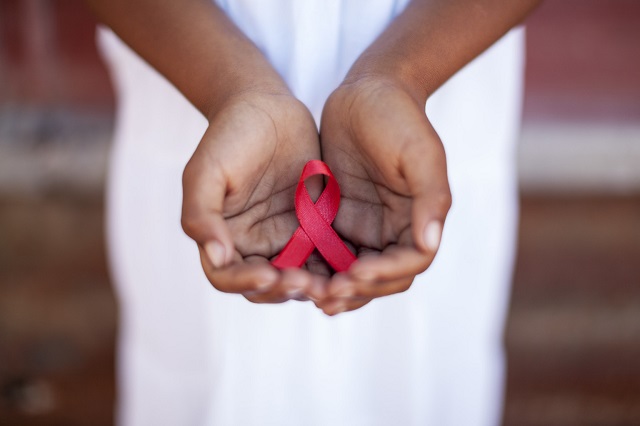
Kampala, Uganda | THE INDEPENDENT | Activists believe that the HIV Control and Prevention Act has increased the criminalization of people living with HIV in Uganda.
The Act, which was enacted five years ago, criminalizes HIV transmission, attempted transmission, and behaviour that might result in transmission by those who know their HIV status. It also allows medical providers to disclose a patient’s HIV status to others.
Just last year, nine cases of people living with the virus were taken to court on allegations of transmitting the virus willfully.
According to Immaculate Owomugisha, a human rights lawyer, the number of people being accused of spreading the virus started increasing as soon as the debate on the controversial law started in Parliament.
But all the cases that have been before the court, were not presented using the HIV Control and Prevention Act. Instead, Owomugisha explains that law enforcers instead prefer charging people with an offence of committing a negligent act likely to spread disease under Section 171 of the Penal Code Act.
Owomugisha says that instead of using the law to attain the good aspects of it like operationalizing the AIDs Trust Fund, people have used it to revenge or get back to people they have disagreements with.
While a person who defiles gets 18 years in jail, if it’s found that they are HIV positive then the punishment becomes bigger.
HIV activist Beatrice Were who is living with the virus refers to the law as one that has been undoing all efforts geared towards curbing HIV prevention because it causes stigma with a clause that gives a third party, liberty to disclose one’s status yet there are no measures to mitigate the challenges that come with it.
For her, the recent scenario where popular TV personality MC Kats became a centre of public discussion after his status was disclosed shows how bad that clause can get as one may choose not to test or shy away from taking their medications.
She says that disclosure is a process that needs a person to be prepared and that’s why activists chose to challenge problematic clauses in the constitutional court.
However, although a petition was filed in 2016, Owomugisha says they have never got any response and no date has yet been set for its hearing. Both activists say having HIV specific laws are redundant and put people in fear of accessing health services.
On his part, however, Dr Joshua Musinguzi, the Programme Manager of AIDS Control at Ministry of Health says the presence of the law hasn’t impacted the HIV response at all as people are increasingly testing for the virus and enrolling on treatment.
He says that other than focusing on the law, activists should be focusing on creating awareness such that key groups that are still lagging behind in terms of information and access to care like the men and adolescents can come out.
*****
URN
 The Independent Uganda: You get the Truth we Pay the Price
The Independent Uganda: You get the Truth we Pay the Price


